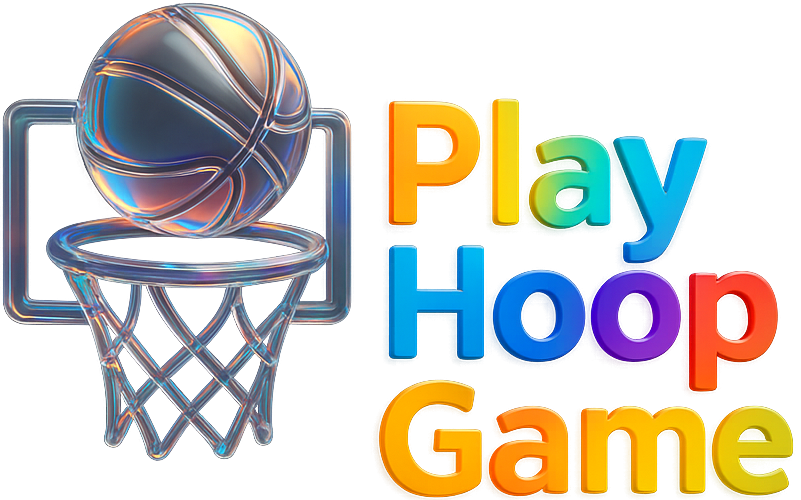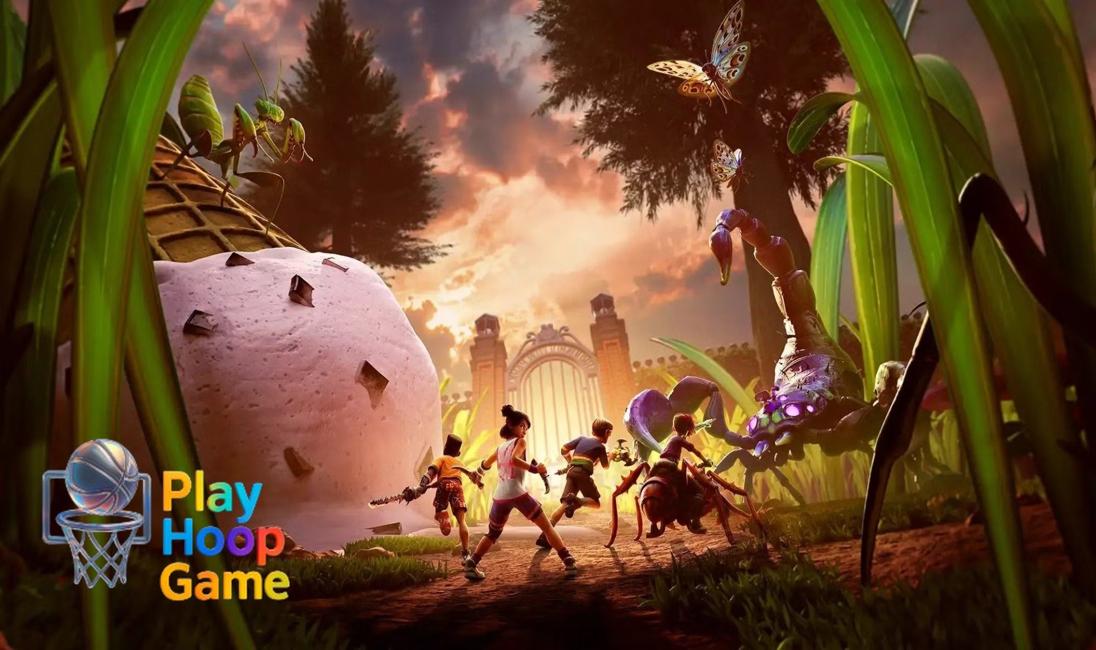You know that feeling, right? The big gaming showcase happens, the CGI trailer drops, the music swells, and a title card flashes: "2026." Or maybe just a vague "In Development." A collective, global sigh follows. We’ve become conditioned to these massive, multi-year, often-silent development cycles that feel less like an exciting promise and more like a distant, nebulous concept. We get hyped, we wait, we get disappointed by delays, and sometimes, the game just… disappears.
But then the Grounded animated series was announced. And tucked away in that news was the little breadcrumb, the not-so-subtle hint from game director Adam Brennecke that they were working on Grounded 2. And it didn’t feel like one of those distant promises. It felt… inevitable. Earned. It felt like the natural next step for a team that has been doing things differently for years.
And that’s the whole point. That’s the thing I can’t stop thinking about. The way Obsidian Entertainment built the first Grounded isn’t just a fun development story; it’s a blueprint. A shining, blinking, neon sign pointing to a healthier, more interesting future for Xbox Game Studios.
The Genius of Starting Small
Let's be real. When Grounded was first announced, a lot of us probably cocked an eyebrow. Obsidian, the RPG titans behind Fallout: New Vegas and Pillars of Eternity, were making a... co-op survival game about shrunken kids in a backyard? It felt like a side project. A distraction. A weird little experiment.
And it was! That’s the beauty of it.
It was built by a core team of just 13 people. Thirteen. In an industry where credits scroll for fifteen minutes, that’s practically a skeleton crew. They took a brilliant, instantly understandable concept—Honey, I Shrunk the Kids meets The Forest—and just started building. They didn’t spend two years on pre-production, designing a ten-year roadmap. They built a core loop, made it fun, and then, crucially, they put it in our hands via Xbox Game Preview and Steam Early Access.
I remember diving into that early build. It was buggy, sure. Content was thin. But the vibe was there. The terror of a wolf spider's eyes glowing in the dark, the satisfaction of building a rickety base out of grass planks, the sheer scale of a discarded juice box. It worked. And because we were playing it, the developers were getting real-time, unfiltered feedback. They saw what we loved (the base building, the exploration) and what we didn’t. They added ants that would steal our stuff, then gave us ways to fight back. They added ziplines because, well, ziplines are awesome. The game grew with its community, not in a sterile lab isolated from it.
This iterative process feels almost like a throwback to an older era of game dev, but supercharged with modern tools and a direct line to millions of players through Game Pass. It's less like a monolithic company handing down a finished product from on high and more like a conversation. A partnership. It's the kind of thing that makes a game feel personal, like a passion project, even when it's backed by a tech giant. It's the opposite of a game like GTA, where the Take Two CEO has to publicly confirm no delays because the scale is just so immense.
So, The Secret To Grounded 2‘s Development Is A Great Sign For Xbox Fans? Yes. Absolutely.
Okay, let me connect the dots here, because I feel like I'm circling the main point. The "secret" to Grounded 2's development is that there is no secret. It's the logical, confident continuation of the process that made the first game a sleeper hit. And that is the great sign for Xbox fans.
Why? Because for years, it has felt like many of Xbox's first-party studios have been caught in a cycle of chasing massive, system-selling, "AAAA" blockbusters. We've seen projects at The Initiative and elsewhere get announced with incredible ambition, only to languish in development hell for years, plagued by reboots and leadership changes. The pressure to create the next God of War or The Last of Us is immense, and it can paralyze creativity. It leads to games that are too big to fail, and consequently, too afraid to take real risks.
Obsidian, with Grounded, provides the counter-narrative.
They’ve shown Microsoft that there’s incredible value in trusting small, passionate teams with unique ideas. Not every game needs to be a 100-hour epic that costs $300 million to make. Xbox’s portfolio is actually stronger when it’s filled with a diverse range of experiences. You can have your massive Starfield right alongside your focused, inventive Hi-Fi Rush and your evolving, community-driven Grounded. It’s not about one-size-fits-all; it’s about a healthy ecosystem.
This model is sustainable. It’s less risky. A small team working on a game for a few years is a much safer bet than a 500-person team working for seven years on something that might not land. It also means a steadier stream of content for Game Pass, which is, let's face it, the centerpiece of the entire Xbox strategy. You need those constant, surprising drops to keep people subscribed and engaged, not just the massive tentpole releases every three years. Sometimes you want a grand strategy, and sometimes you just want a quick, clever game like Tricky Trip to pass the time.
A Model For a More Interesting Future
The success of Grounded and the confidence behind its sequel should be a lesson that echoes through the halls of every Xbox studio. It’s a testament to trusting your talent. Let a small team at Ninja Theory cook up something weird. Let a few people at The Coalition experiment with a new IP in a different genre. Empower them to build something small, release it early, and grow it with the people who are actually going to play it.
It's a model that fosters creativity and reduces the soul-crushing pressure of AAA development. It builds community goodwill and creates these wonderfully unique games that feel distinct from the often homogenized blockbuster space. You end up with more interesting, more personal, and ultimately, more memorable games.
I don't know what Grounded 2 will be. Maybe we'll explore the house. Maybe we'll get new bugs, new crafting systems, a whole new story. But I'm not worried about it. Because I trust the process. I trust the team. They’ve shown they know how to take a simple, brilliant idea and nurture it into something special. And the fact that Xbox seems to be fully embracing this—that's the best news I've heard in a long time. It suggests a future that's not just bigger, but smarter and more exciting, too. A future with more fantastic adventure games from every corner of their studio system.
FAQs About Grounded and Xbox Development
So, is Grounded 2 officially, 100% confirmed?
Not in a big, flashy trailer, no. It was a statement made by the game director in an interview about the animated series. He essentially said the team is working on it. Think of it as a "soft confirmation." Given the first game's success and the clear passion from the team, it's about as official as you can get without a press release. They're building it, and that's what matters.
What was so special about the first Grounded's development, anyway?
It was all about the "small team, Early Access" model. Instead of developing in secret for years, a tiny team at Obsidian released a playable but incomplete version of the game. They then used direct player feedback to guide the rest of its development, adding features and content over two years. It made the final product much stronger because it was shaped by its own community.
Isn't letting a small team make a game a huge risk for Microsoft?
Actually, it's the opposite! This is a common misconception. A small team working on a focused project is a much lower financial risk than a 500-person studio spending 5+ years on a single AAA game. If the small project doesn't hit, the loss is manageable. If the AAA game flops, it can be catastrophic. The secret to Grounded 2‘s development proves that this smaller, more agile model can yield massive success with far less risk.
Will Grounded 2 be on Game Pass on day one?
It's as close to a certainty as you can get. The first Grounded was a major Game Pass success story, and Microsoft's policy is that all first-party Xbox games launch day-and-date on the service. Expect to be playing it as part of your subscription the moment it releases.

























